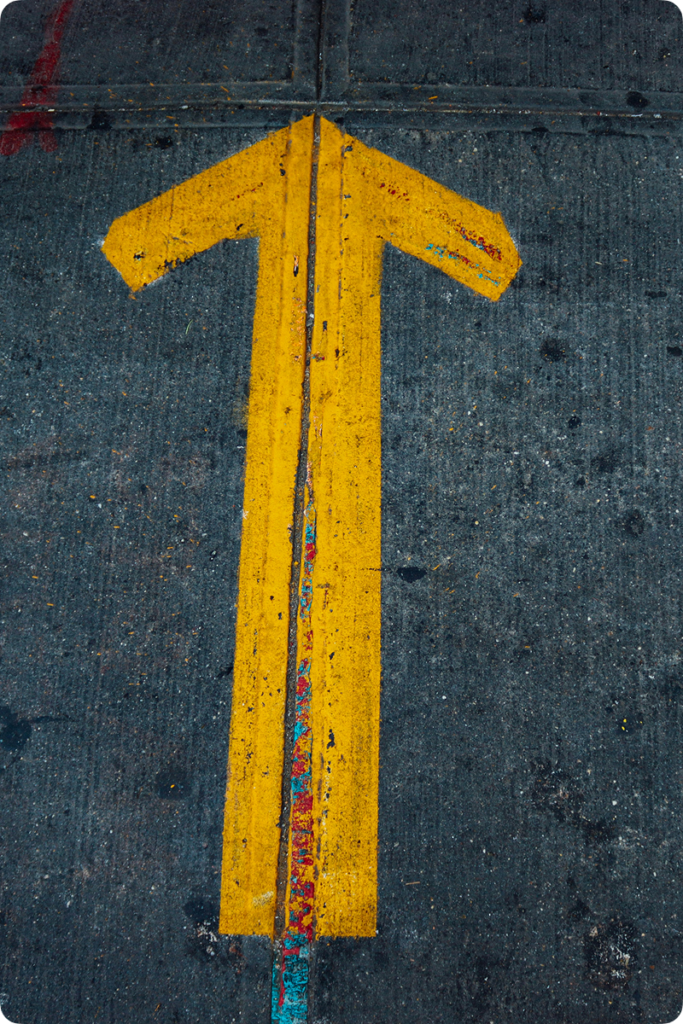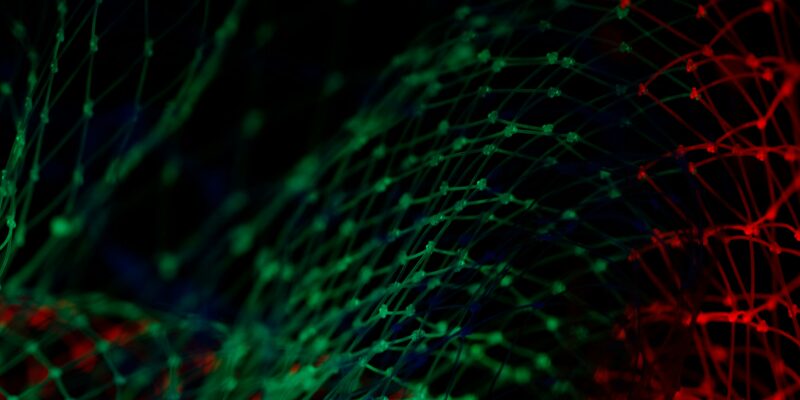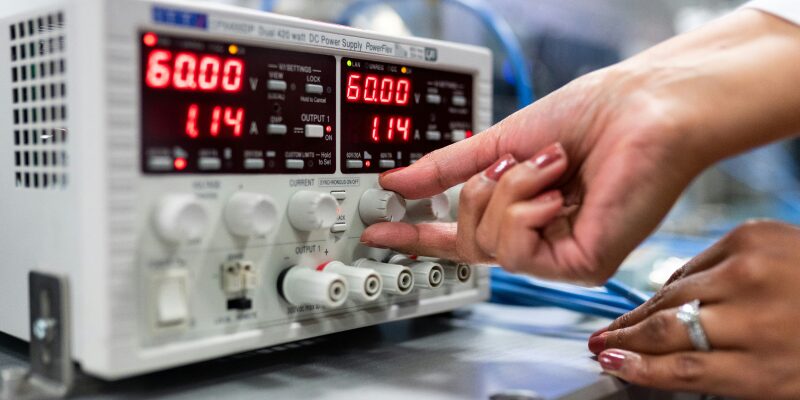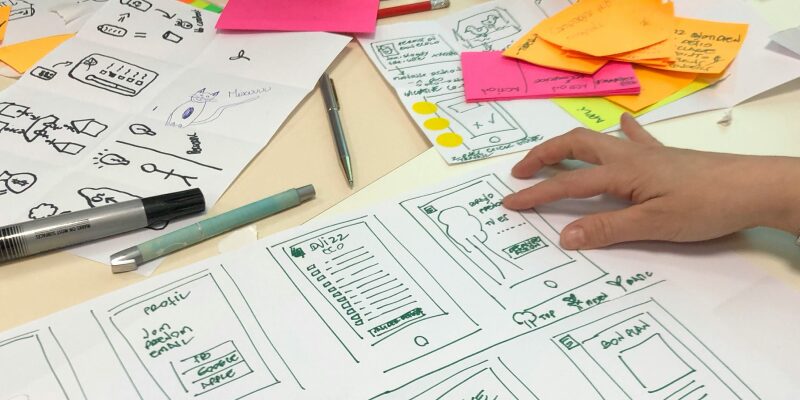Expected Outcomes
By the end of the program, students will have gained practical experience and developed relevant skills that support their academic and professional growth. These outcomes include:
Development of foundational knowledge in the program’s focus area (e.g., engineering, technology, or design)
Completion of a final project and presentation demonstrating research or applied skills
Hands-on internship or research experience to enhance the student’s resume
A strong letter of recommendation to support future academic or professional opportunities (e.g., school transfers, college applications, internships)


Project Format
The program is designed to provide a consistent and focused schedule that supports mentorship, project development, and research progress. Key logistical details include:
Duration: 8-week on-campus research project/internship
Schedule: 3 meetings per week (Monday, Wednesday, and Friday)
Meeting Length: 1 hour per session
Location: Academic advisor’s office or Stanford campus/library
These are not “simulated” projects — they’re real research experiences that transform applications.
Our Programs
We currently offer five 1-on-1 research programs as follow:

Battery
The scope and complexity of the project can be customized to align with the student’s technical background and academic interests, allowing for a more engaging and personalized research experience

Artificial Intelligence (AI) & Machine Learning
The project can be tailored to match the student’s experience level, ranging from foundational algorithm exploration to applied machine learning in real-world contexts like healthcare, robotics, or sustainability.

Biomedical Engineering
Students can engage in topics such as medical device design, tissue engineering, or biomechanics. Project complexity is adapted to their academic background, encouraging both exploration and skill-building.

Environmental Science & Sustainability
This research track allows students to dive into renewable energy systems, climate data modeling, or sustainable urban planning. Projects are customized to be either fieldwork-based or data-driven depending on student interest.

Human-Centered Design
Students explore the intersection of design, usability, and technology — including user experience research, assistive technologies, or ethical product development. Project scope adjusts based on experience in design, psychology, or computing.

Stay tuned…
Feel free to reach out for more programs…
Book your free 1:1 background enhancement planning session
Top schools want more than grades — they want scholars. Let’s help you become one.
